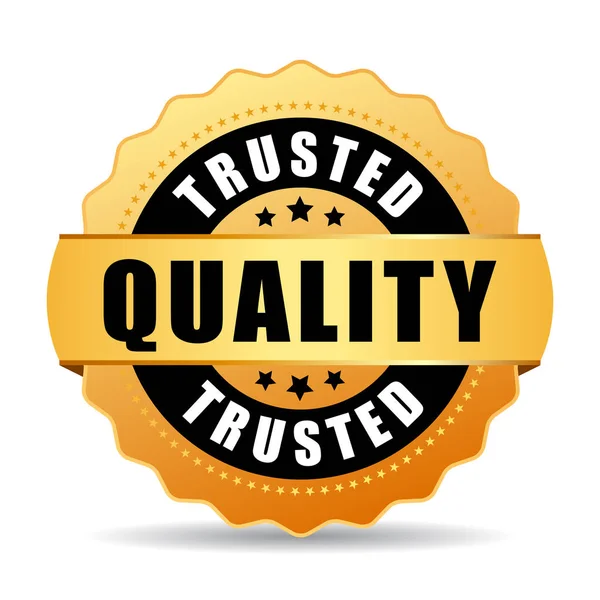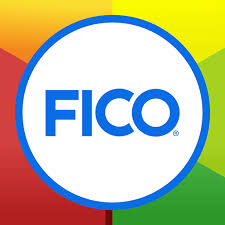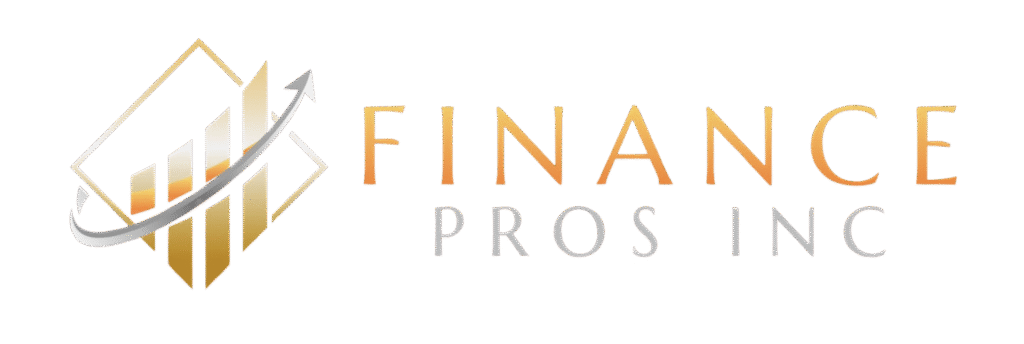Small Business Loans
for your business
Finance $10,000 to $5 million
Terms vary per client


get started today and speak with A Success Advisor

What is a small business loan?
A small business loan is funding tailored specifically for small businesses—whether you’re just starting out or already established. These loans come in various forms to help entrepreneurs achieve different goals, with terms and structures that vary depending on the loan type.
SIMPLE APPLICATION
FICO
LARGER AMOUNTS

SAME DAY FUNDING
Our fintech speed can get you in and out of Underwriting in just a few hours – and same day funding!
What Do You Need To Qualify?

3+ Months in Business
Get access to our best financing options even if you’ve been operating for only three months.

Sufficient Monthly Gross Sales
Ask our Success Advisors about the minimum monthly gross sales needed to qualify.

Ask about the minimum FICO Score
We have financing options for all credit profiles. The minimum FICO score required to apply may surprise you.
Why Finance Pros Inc

Proven Track Record
With nothing but positive feedback, our Success Advisors are trusted partners who work alongside you to overcome your toughest business challenges.

Smarter, Faster Financing
At Finance Pros Inc, we leverage advanced AI technology to simplify the funding process. Get pre-approved quickly with flexible loan options tailored to your business goals.

Flexible Choices That Fit You
Review multiple loan offers side by side and select the one that aligns best with your business goals—no pressure, just options that work for you.

Full Transparency, No Surprises
With Finance Pros Inc you’ll see all your terms upfront—clear, honest, and hassle-free financing with zero guesswork.
Finance Pros Inc – Experience fast funding and exceptional customer care— Getting started is simple and hassle free.
Step 1. Apply Securely Online
Our quick and simple application process delivers fast pre-approvals—no hassle, no delays.
Step 2. Review Your Options
Your dedicated Success Advisor will walk you through the best financing options tailored to your business needs.
Step 3. Receive Your Funds
Finish the online application process and receive your funds.


Jennifer
Business Owner
“Finance Pros Inc is outstanding. The entire team was incredibly helpful and responsive, working tirelessly to find the perfect fit for our business needs. They’re fast, professional, trustworthy, and genuinely care about helping small businesses grow and succeed.”
Resources & Frequently Asked Questions
When considering growth opportunities or launching a business, a common question is: How do small business loans work?
These loans enable both startups and established businesses to access capital from various lenders. Different loan types are designed to address specific needs, and the terms vary depending on the loan.
Perhaps you’ve developed a product with strong market potential, need to invest in equipment to scale operations, or require funds to cover outstanding invoices and operating expenses. Whatever the need, a small business loan may provide the necessary financial support to move your business forward.
What is a small business loan?
Simply put, a small business loan is funding designed specifically for small businesses—whether you’re just starting out or already established. These loans allow you to borrow money from lenders to help your business grow and thrive. There are different types of loans, each built to meet specific goals and needs, and how they work depends on the type you choose.
With so many options available, it’s important to understand a few key loan types that can make a real difference for your business.
Term Loan – A traditional loan where you receive a lump sum upfront and repay the principal amount plus interest over a fixed schedule.
Equipment Financing – A financing option ideal for growing businesses to acquire necessary equipment immediately, with repayments spread out over the expected lifespan of the asset.
Accounts Receivable Financing – Allows you to borrow money using your outstanding invoices as collateral. This option often comes with competitive rates and helps improve cash flow.
Merchant Cash Advance – A loan based on your future credit card sales, where repayment is made by automatically deducting a percentage of daily credit card transactions—so payments are seamless and tied to your sales volume.
Business Line of Credit – Functions like a revolving credit card without a physical card. You’re approved for a credit limit and only pay interest on the funds you actually draw and use.
Requirements to Apply for Small Business Loans
Though details can differ, the core requirements for small business loans generally remain consistent.
Credit Scores
Since you personally guarantee the small business loan, your credit score plays a significant role in determining the loan amount. If your business has multiple owners, lenders typically review the credit scores of all owners as well as the overall business credit profile. Before applying, it’s wise to review your credit reports for any errors and address them. Additionally, if you’re near a higher credit tier, consider taking steps to improve your score to enhance your loan prospects.
Business Banking Records
Lenders will review your business banking activity to evaluate your financial stability and assign a creditworthiness rating, which helps determine how much your business can borrow. To ensure you’re in good standing, keep these best practices in mind:
Maintain a consistent balance with regular deposits to show stable revenue and sound financial management.
Avoid overdrafts and consider setting up overdraft protection to safeguard your account.
Request a bank reference from your financial institution—it can help build trust with potential lenders.
Be prepared to show your time in business, as most lenders prefer companies with at least six months of operating history.
Keep in mind that lenders evaluate several key financial metrics when determining your loan eligibility and funding amount. Banks take a comprehensive approach and will typically request your annual gross sales, as well as monthly figures for the following:
Gross Margin – Measures profitability after direct costs.
Cash Flow – Indicates your ability to cover expenses and repay debt.
Debt-to-Equity Ratio – Shows how leveraged your business is.
Accounts Payable & Receivable – Reflect your short-term obligations and incoming revenue.
Earnings – Demonstrates overall profitability and financial health.
Being prepared with accurate, up-to-date numbers in these areas will help strengthen your loan application.
Monthly Sales Volume or List of Collateral and Assets
While not all lenders require collateral, most will ask for a list of your business assets during the application process. This helps them evaluate what could be used to satisfy the loan if you’re unable to repay it. In lieu of collateral, demonstrating strong monthly sales volume or providing proof of consistent business bank deposits can give lenders confidence in your ability to meet repayment obligations.
Benefits of Small Business Funding
If you’re asking, “Where can I get a small business loan for a new business?”—you’re not alone. Small business loans can be powerful tools to help you achieve your goals while maintaining full control of your company. Unlike borrowing from friends or family, or risking personal assets, business loans offer structured solutions that align with your needs.
Your funding requirements may range from short-term financing—for equipment purchases, inventory, or leasehold improvements—to longer-term loans for expansion and growth. In some cases, a simple line of credit may be all you need to cover payroll, finance receivables, or manage daily operational costs.
It’s important to plan ahead. According to CB Insights, 29% of startups fail due to cash flow issues—despite the growing availability of small business financing options.
Steps to Getting a Small Business Loan
Gather the Required Documentation
Having the necessary paperwork ready will speed up the application process and help determine your loan terms and approval amount. Be prepared to provide:
Social Security Number or Tax ID
Business licenses and legal filings
Recent tax returns
Profit and loss statement
Balance sheet
Business bank statements
Each lender may have additional requirements, so be sure to review their specific documentation checklist before applying.
Understand Different Small Business Funding Options
Traditional Bank Loans: These loans usually provide a fixed amount that the borrower must pay back in monthly increments. The most common loan for an existing business is a line of credit, in which the borrower has access to funds from the lender. These loans have lower interest rates than non-traditional but require higher credit scores.
Revolving Lines of Credit: A revolving line of credit allows a borrower to borrow up to the credit limit like a regular line of credit, but the key difference is, the credit limit returns or revolves back to its original amount once a borrower pays back borrowed money. A credit card is the most common form, but credit cards are advisable for only small purchases. Other forms of revolving credit will be better options for large needs.
SBA Loan: These are loans from the federal agency the Small Business Administration. The SBA doesn’t directly issue loans but minimizes the risk to private lenders who administer them.
There are many more business financing options that Finance Pros Inc can connect you with. Please view our full list of business financing options.
Apply
Prepare Today to Protect Your Business Tomorrow
With the right research, documentation, and preparation, your small business can take proactive steps to remain resilient during uncertain times. Financial experts recommend applying for funding before it becomes a critical need—early approval can provide timely access to essential resources.
Unsure which loan is right for you?
Submit your application through Finance Pros Inc and connect with a dedicated Success Advisor who will guide you toward the best-fit solution for your business goals
Understand Loan Types to Maximize Your Funding
To make the most of your business funding, it’s essential to understand the different types of small business loans and how their interest rates can vary.
Loan rates depend on several factors—including the type of loan you’re applying for, the amount needed, and the agreed-upon terms. Generally, loans from alternative lenders tend to carry higher interest rates than those from traditional banks. That said, they offer an important advantage: for business owners who may not qualify with a traditional bank, alternative lenders can provide a much-needed financing lifeline.
As a benchmark:
- Average small business loan rates typically range from 7% to 13%
- SBA loans often offer more competitive rates, generally between 7% and just over 11%
Understanding these nuances can help you select the right funding option and ensure your business remains financially strong
Getting approved for a small business loan without offering collateral is possible—but it requires preparation and a strategic approach. Here are key steps to improve your chances:
✅ Strengthen Your Credit Profile
Without collateral, your credit history becomes your greatest asset. Lenders will closely examine your credit score to assess your reliability. One effective way to boost your score is to reduce your credit utilization ratio, especially if you’re applying with a less-than-perfect credit record.
📊 Demonstrate Strong Cash Flow Projections
Being able to clearly show how your business generates income—and how you plan to repay the loan—is crucial. Lenders want to feel confident that you’ll meet your repayment terms without risk of default.
🔍 Explore the Right Loan Options
Once you’ve built a strong financial profile, it’s time to find the right lending solution. Many lenders—especially alternative and online providers—offer unsecured loan options that can support your growth and protect your future.


